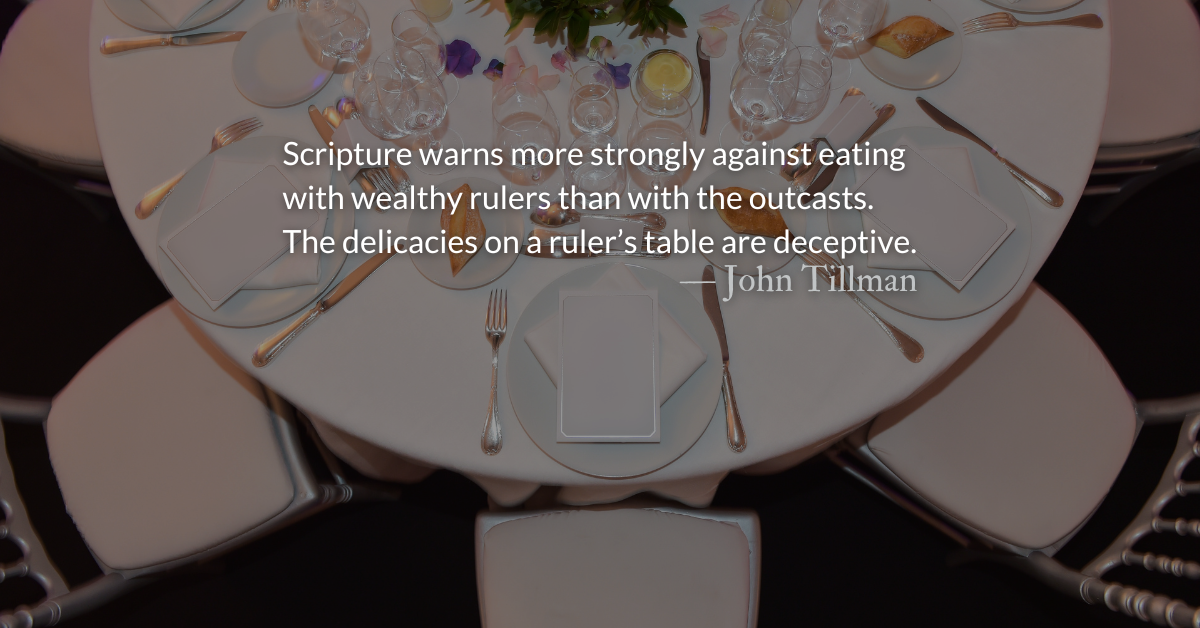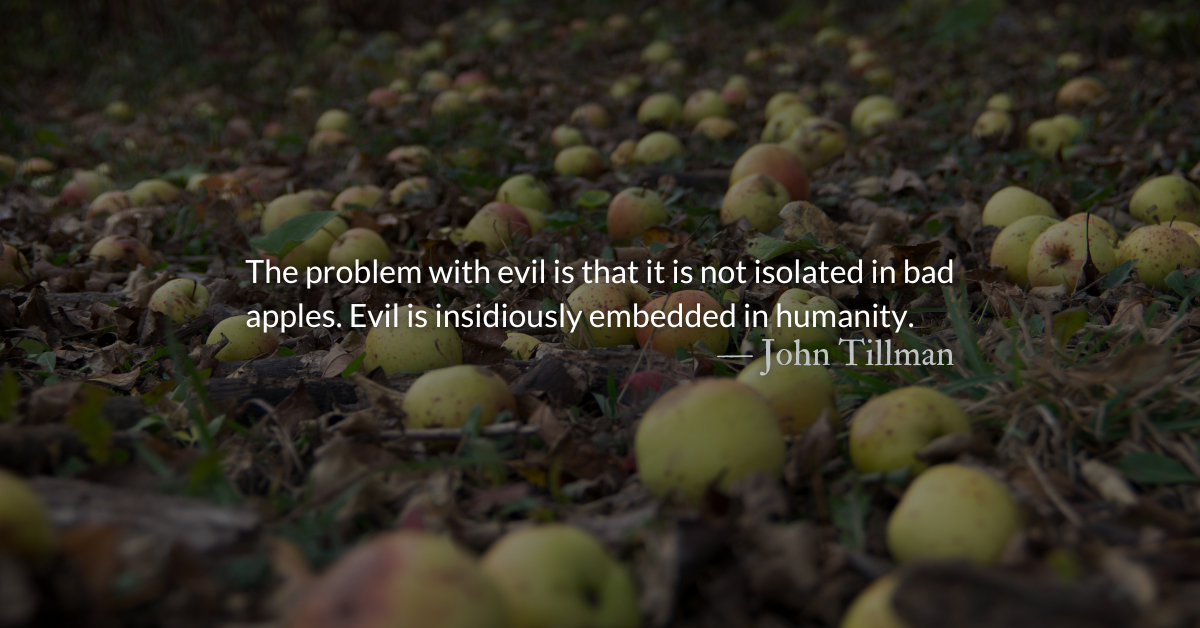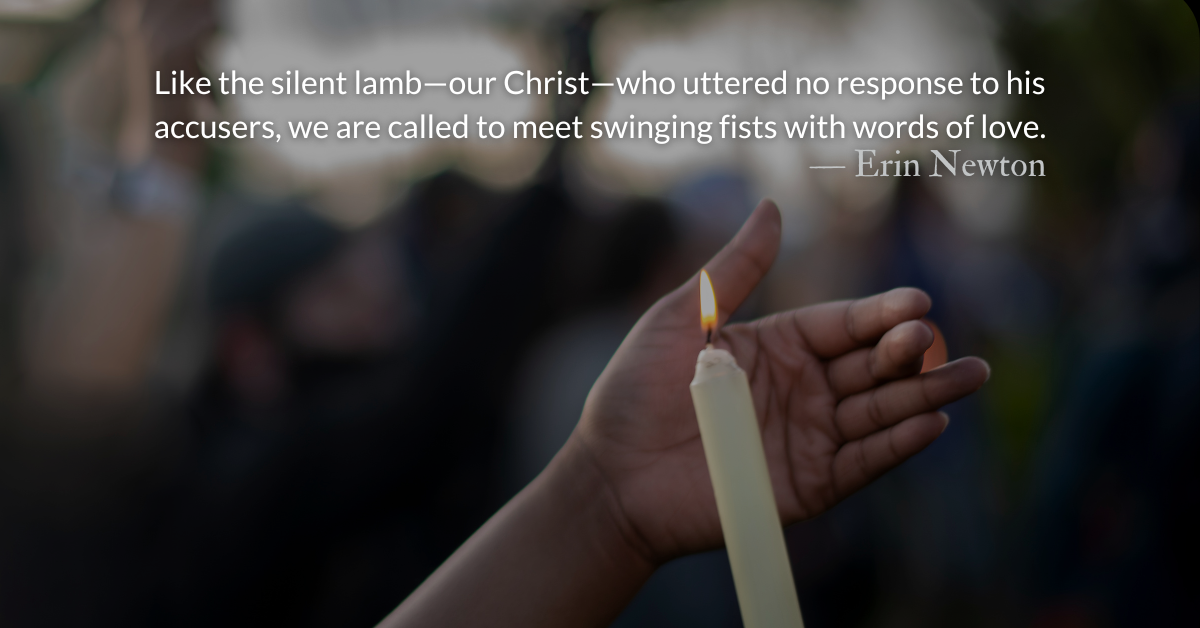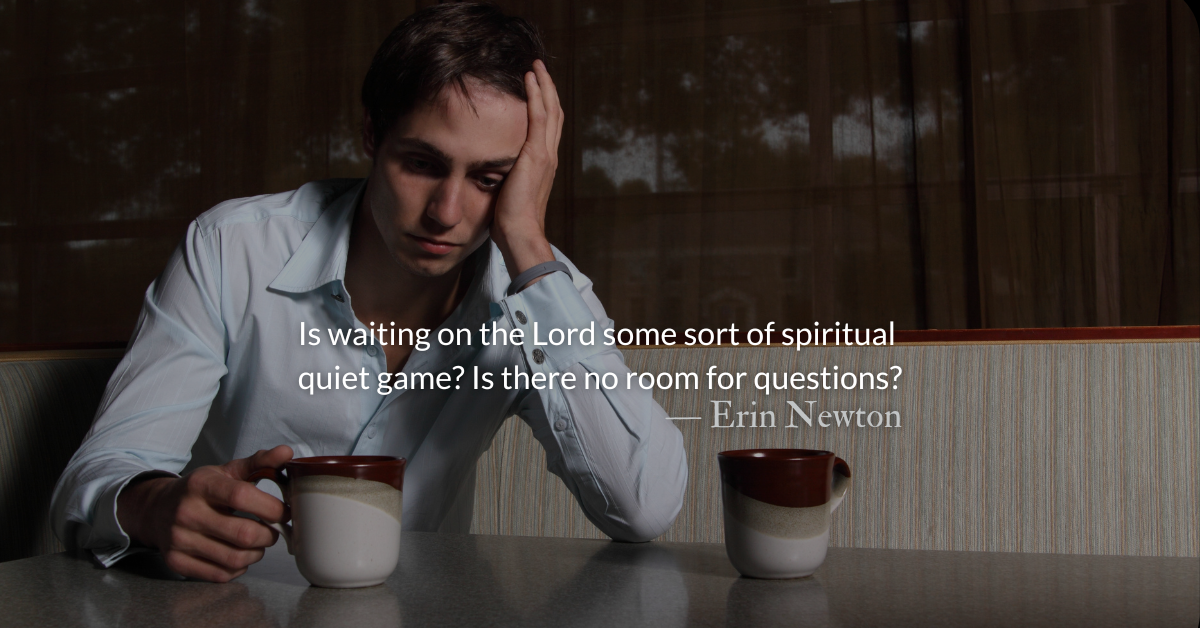Scripture Focus: Proverbs 23.1-3, 6-8
1 When you sit to dine with a ruler,
note well what is before you,
2 and put a knife to your throat
if you are given to gluttony.
3 Do not crave his delicacies,
for that food is deceptive.
6 Do not eat the food of a begrudging host,
do not crave his delicacies;
7 for he is the kind of person
who is always thinking about the cost.
“Eat and drink,” he says to you,
but his heart is not with you.
8 You will vomit up the little you have eaten
and will have wasted your compliments.
Psalm 141.2-3
3 Set a guard over my mouth, Lord;
keep watch over the door of my lips.
4 Do not let my heart be drawn to what is evil
so that I take part in wicked deeds
along with those who are evildoers;
do not let me eat their delicacies.
Reflection: Whose Table Are Your Feet Under?
By John Tillman
In certain parts of the South, a family member who comes home after a long absence might say as they sit down to supper, “I’m glad to have my feet under your table.” Having your feet under someone’s table represents presence and connection. It can also mean giving approval or being deceived. One might warn a friend about an untrustworthy person, saying, “Don’t set your feet under their table.”
Ancient cultures had similar views. Eating together was a form of public affection, approval, and even intimacy.
A ceremonial meal was part of worship in the Tabernacle and later the Temple. Most sacrifices only burned a portion, which was God’s. The family or individual shared the remainder with the priests. This holy meal in the Lord’s presence represented a restored relationship—cleansed sinners putting their feet under the Lord’s table.
Jesus was called a glutton and drunkard for eating with outcasts and sinners. Jesus also ate with wealthy and powerful rulers. Rulers often treated him like an outcast. Simon the Pharisee neglected to greet Jesus with a kiss, wash his feet, or offer oil for his head. (Luke 7.36-50) It was the outcast, sinful woman who showed Jesus appropriate respect.
There is wisdom in not closely associating with those who would deceive us or tempt us with “delicacies.” We certainly should avoid situations in which we may be drawn into sin. However, scripture warns more strongly against eating with wealthy rulers than with the outcasts. Proverbs 23.3 and 6 say the delicacies on a ruler’s table are deceptive, and those of a begrudging host will cost you. Psalm 141.4 describes being drawn to what is evil, taking part in wicked deeds, going along with evildoers, and finally, enjoying their delicacies.
What delicacies tempt you? Power? Recognition? Pleasure? Proverbs 23.2 says to put a knife to your throat when deceptive delicacies are on the table. Psalm 141.3 asks the Lord to put a guard over one’s mouth and lips. Severe self-limitation and calling on the Spirit’s assistance are wise when temptations are near.
Let us be drawn to Christ, frequently putting our feet under his table and inviting others to join us. With the freedom of Christ, we can dine at other tables, whether as outcasts or family. When tempted by deceptive delicacies, may Jesus set a guard over our lips and our hearts.
Divine Hours Prayer: The Morning Psalm
Happy are they who have not walked in the counsel of the wicked, not lingered in the way of sinners, nor sat in the seats of the scornful!
Their delight is in the law of the Lord, and they meditate on his law day and night.
They are like trees planted by streams of water, bearing fruit in due season, with leaves that do not wither; everything they do shall prosper.
It is not so with the wicked; they are like chaff which the wind blows away.
Therefore the wicked shall not stand upright when judgment comes, nor the sinner in the council of the righteous.
For the Lord knows the way of the righteous, but the way of the wicked is doomed. — Psalm 1
– From The Divine Hours: Prayers for Summertime by Phyllis Tickle.
Today’s Readings
Proverbs 23 (Listen 3:39)
Mark 13 (Listen 4:32)
Read more about The Undeserved Banquet of the Gospel
Meals during Christ’s earthly life were an important cultural ritual. They were more than just fraternity, but pedagogy.
Read more about Sitting with Sinners
Jesus sat and ate with sinners…Despite the judgmental attitudes of those who did not approve of his behavior











